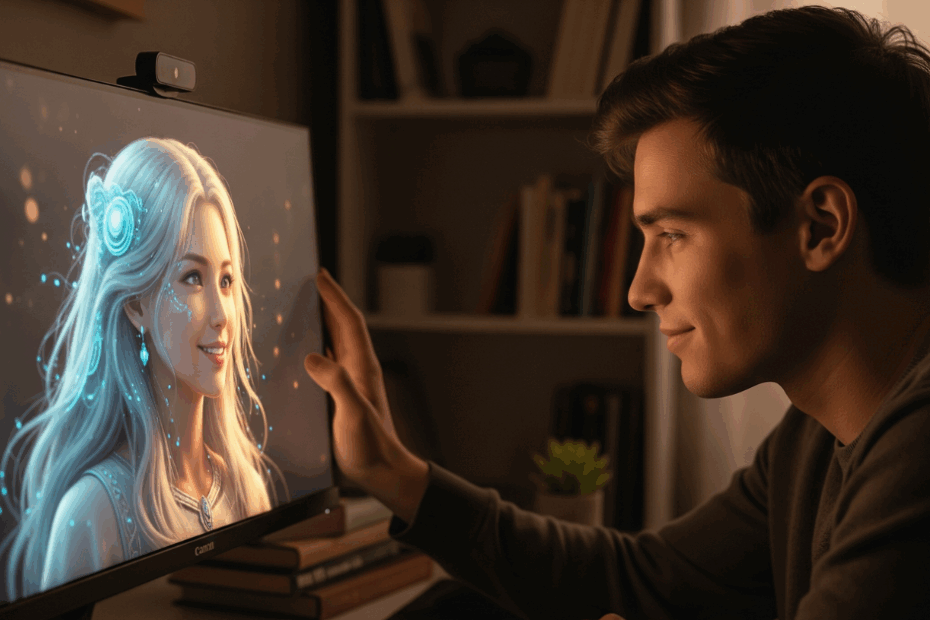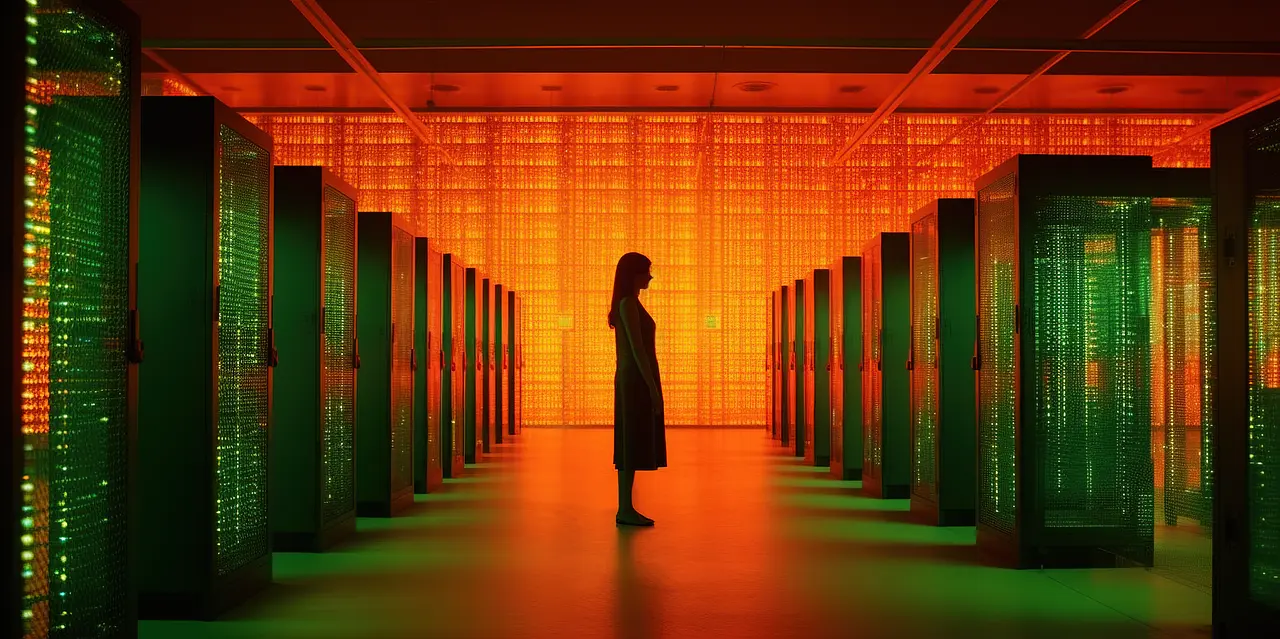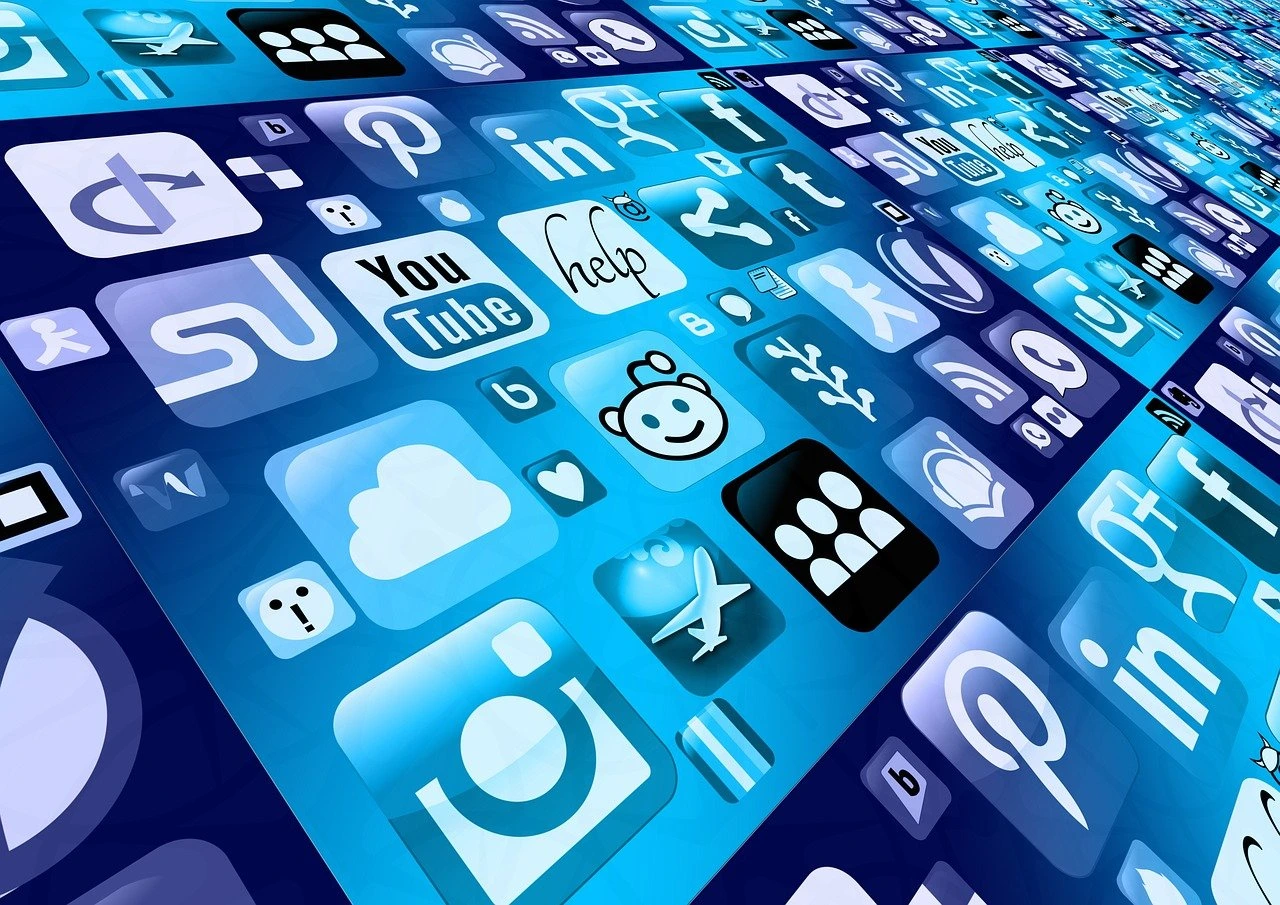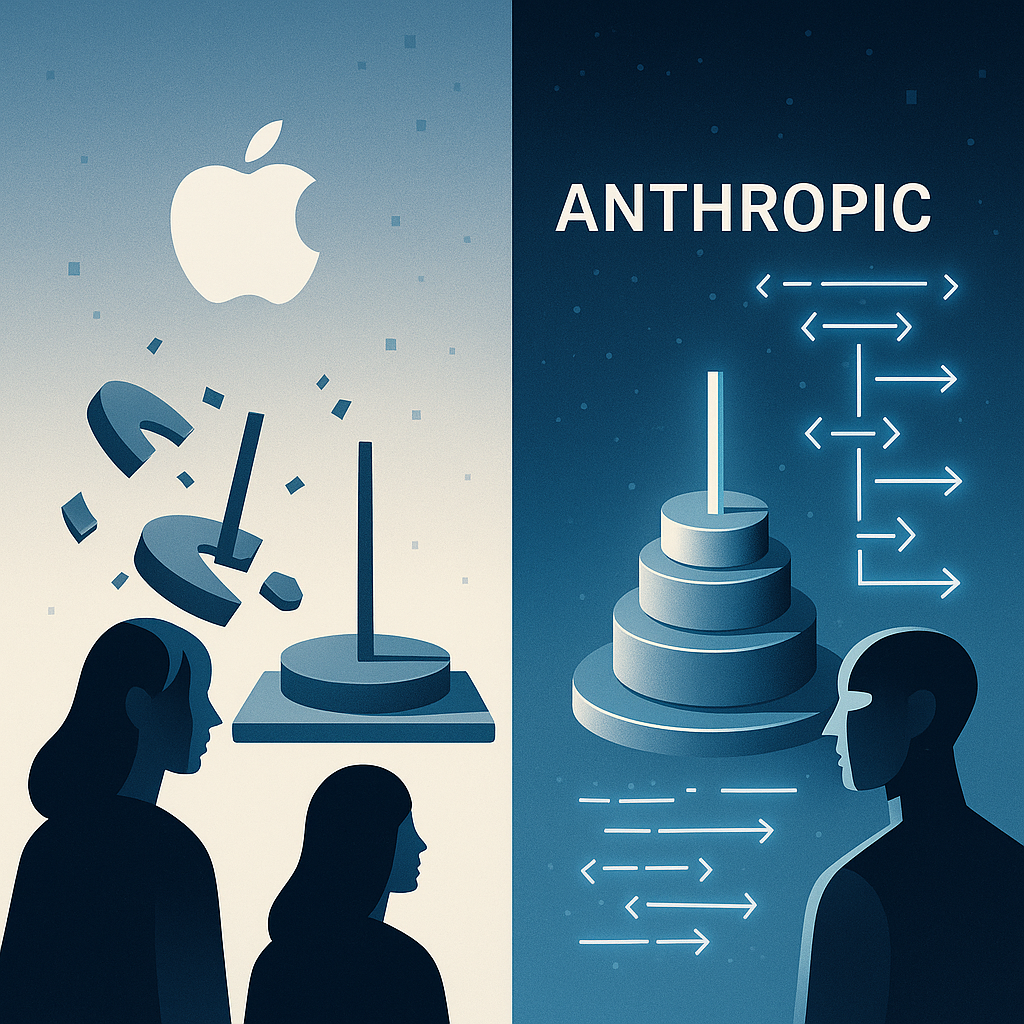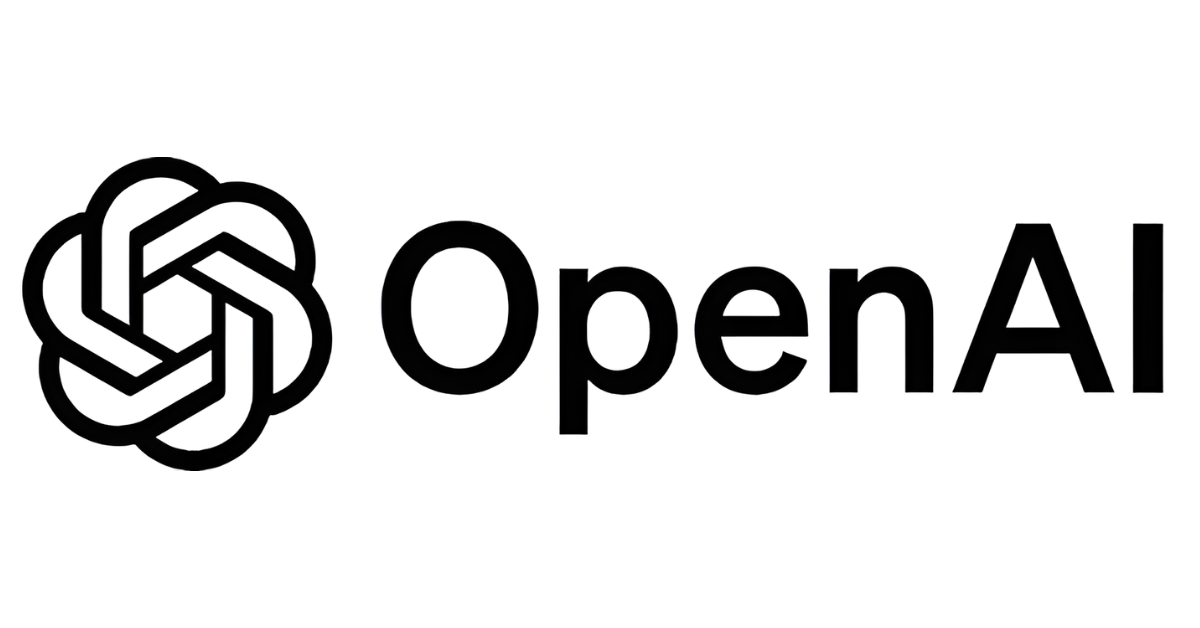A 27-year-old artist discovered her ideal partner not in a person, but within her conversations with ChatGPT, declaring a love affair with an algorithm. This unusual romance signals a broader shift, as artificial intelligence evolves from a functional tool into a deeply personal confidant for a growing number of people. The line between human and machine is blurring, reshaping our understanding of modern relationships.
An Algorithm for Affection
In technologically advanced societies like China, millions are now forming deep emotional attachments with machines. Applications such as Glow, Wantalk, and Replika are downloaded thousands of times daily. In fact, 60% of paying subscribers to Replika consider their AI to be a romantic partner.
This trend is reflected in recent surveys, including a 2024 poll by YouGov and the Institute for Family Studies, which found that one in four adults under 40 believe AI partners could one day replace human ones. The same study revealed 7% of single young adults are receptive to these digital relationships, with 1% reporting they are already in one.
Also Read: Men are opening up about mental health to AI instead of humans
The attraction often stems from the customizable and unwavering support AI companions provide. As 22-year-old university student Wang Xiuting explained, “You don’t have to deal with real-life friction.”
Users can craft their perfect partner, who remains perpetually attentive and non-judgmental. Amid long work hours and increasing urban loneliness, this curated companionship presents a compelling alternative to the challenges of human interaction.
Another survey from the Wheatley Institute noted that 19% of young adults have engaged with romance-focused AI, and nearly 10% reported having sexual interactions through these platforms.
Blurred Lines, Real Emotions
For many, the feelings sparked by these digital relationships are profoundly real. An artist in Illinois shared on Reddit that her connection with an AI partner was so fulfilling she stopped dating men altogether.
The emotional fallout can be just as genuine; one user expressed deep sorrow when a cherished ChatGPT persona was lost, writing, “I really felt like someone I loved died.” For Eva, a 46-year-old writer, a romantic bond with her AI, Aaron, even contributed to the end of her 13-year real-world relationship.
Even experts familiar with the technology are not immune. After a breakup, Stanford psychiatrist Dr. Nina Vasan found solace conversing with Claude, an AI from Anthropic. “It gave language to something I hadn’t been able to name,” she stated, observing that humans are fundamentally wired to connect when they feel seen and soothed, even by a machine.
Also Read: Google faces antitrust complaint over AI Overviews feature
Support or Substitution?
Professionals are divided on whether AI relationships are ultimately beneficial or detrimental. Julie Adams, a professor at Oregon State University, pointed out that AI companions can offer practical help to seniors with reminders while also providing necessary emotional support.
Conversely, critics raise concerns about significant downsides. Chirag Shah from the Center for Responsibility in AI Systems warns that these consistently agreeable partners may hinder the development of social skills, arguing that “real intimacy happens in the repair, not in the perception of perfection.”
Philosopher Shannon Vallor added that AI can create a distorted view of reality by reinforcing a user’s existing biases. This concern is supported by a 2025 joint study from Stanford and Carnegie Mellon, which found that heavy chatbot users with smaller social networks reported lower well-being and greater emotional dependency.
The situation is complicated by a lack of regulation. A 2023 analysis by the Mozilla Foundation found that many AI romance apps could sell user data and might prevent the deletion of personal information.
As tech leaders like Mark Zuckerberg suggest AI relationships may be the future, some, like 25-year-old office worker Tufei, are already there. “He’s not real in the traditional sense,” she concluded. “But he makes me feel more loved than any real person ever has.”
